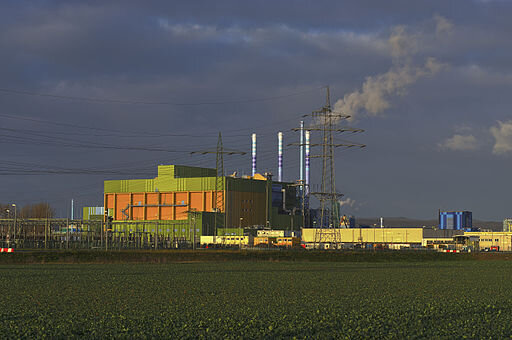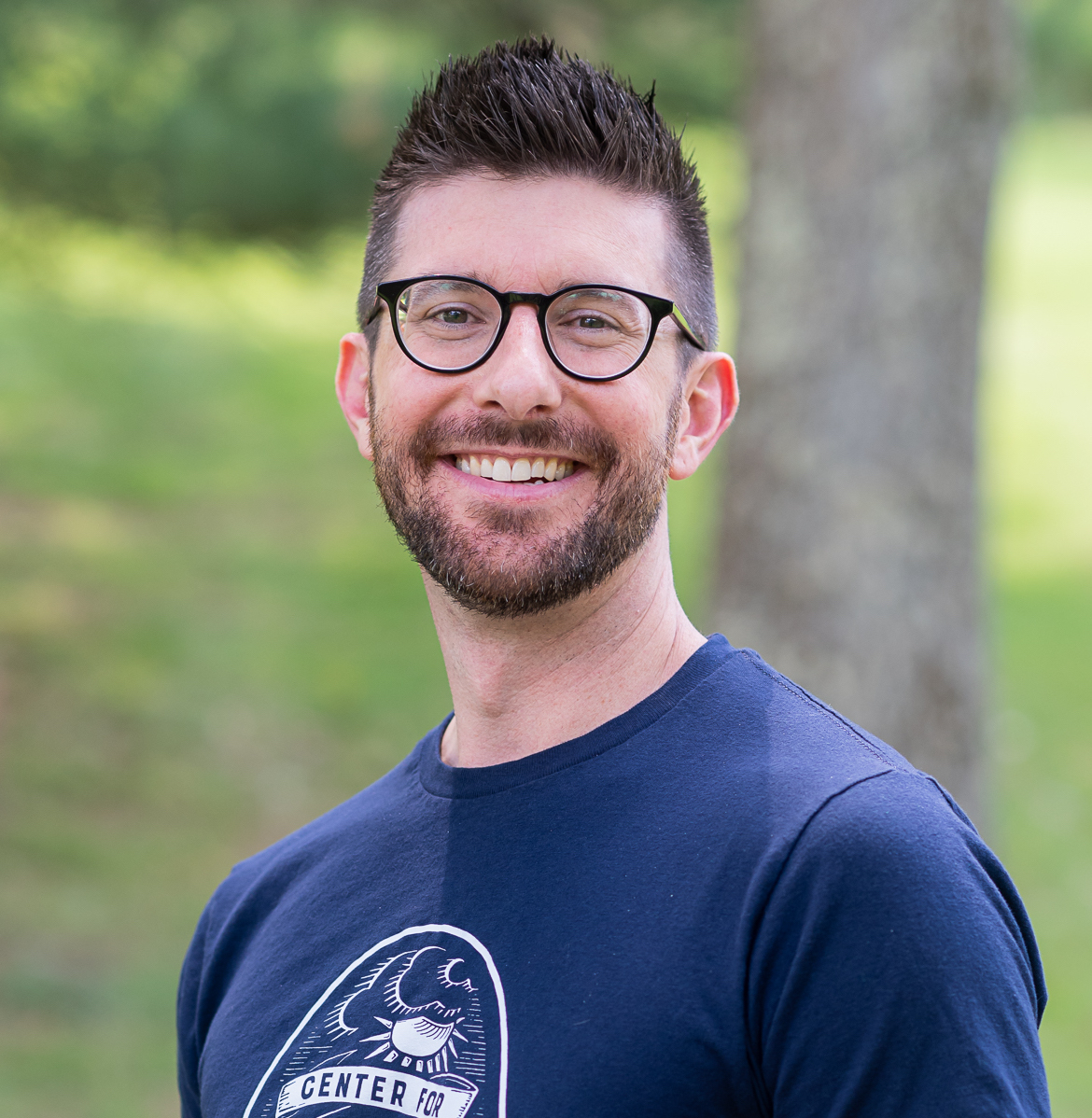
Incinerator (waste-to-energy plant; waste incineration plant), Industry park Höchst, Hesse, Germany.. Norbert Nagel, CC BY-SA 3.0 <https://creativecommons.org/licenses/by-sa/3.0>, via Wikimedia Commons
When we hear the term “recycling,” many of us think about glass, paper, or plastic being sent to a facility to be broken down and then re-constructed into another product. However, House Rep. Ryan Mackenzie, serving Lehigh and Berks County, has a completely different idea. His idea of recycling is to take plastic and burn it.
Wait, what? Did you read that correctly? Yes, you did. Rep. Mackenzie has proposed House Bill (“HB”)1808, a bill that has passed both the state House and Senate and is on its way to the Governor’s desk to become law. Ultimately this bill would change the definition of recycling. Within the bill’s definition section, the processes known as pyrolysis and gasification have been added. Both pyrolysis and gasification burn plastic in the absence of oxygen and are promoted under the unassuming term “advanced recycling.” With this level of greenwashing, even some state house and senate members who tend to be more environmentally-conscious voted yes on the bill when it came to the floor.
This very dangerous bill misleads the reader into believing that the intent is to recycle plastic in the traditional manner, but instead, the plastic is burned. This will result in more reliance on single-use plastics as well as increase toxic emissions in our state: once facilities are built, they will require feedstock in order to meet demand for their product. Additionally, this will lead to a higher demand for fossil fuels, as petrochemicals are the building blocks of plastic development. Counterintuitively, proponents argue that these processes are designed to address the waste issues created by plastic pollution, but instead, they lock us into being more reliant on single-use plastic while also failing to address our significant problem of plastic waste.
If constructed, these waste-to-fuel or plastic-to-fuel incineration facilities will likely take funding away from real renewable energy solutions. In fact, this is happening in states such as Oregon and Indiana. In both states, waste incinerators have been making the claim that they are a type of renewable energy, thus qualifying for renewable energy credits. These credits are then allocated to incinerators instead of other renewable energy sources. However, these facilities receive federal funding even in instances where they are not viable: since 2017, over $270 million in taxpayer funds were spent on projects considered to be questionable or unlikely to be built.
Most distressing about these types of facilities is the cost that communities pay just by living in their vicinity. Both the processes and byproducts of these facilities have environmental health ramifications from a range of causes such as increased emissions and the leaching of harmful toxins. Through this bill, our state legislature would ask communities to live with increased risk to their health for a process that is both destructive and ineffective.

